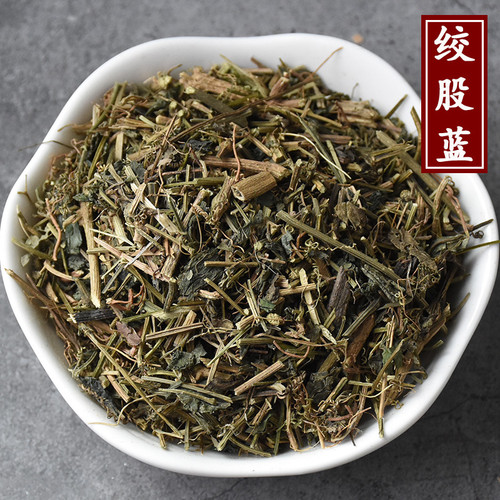Product Overview
Parts used: Dried aerial parts
TCM category: Aromatic herbs that transform Dampness
TCM nature: Neutral
TCM taste(s): Pungent
Meridian affinity: Spleen Stomach Lung
Scientific name: Eupatorium fortunei
Use of eupatorium herbs (Pei Lan) in TCM
Please note that you should never self-prescribe TCM ingredients. A TCM ingredient is almost never eaten on its own but as part of a formula containing several ingredients that act together. Please consult a professional TCM practitionner, they will be best able to guide you.
Preparation: Remove impurities, wash, soak in water, cut in parts and dry.
Dosage: 4 - 9 grams
Main actions according to TCM*: Transforms Dampness that obstructs the Stomach (Middle Warmer). Invigorates the function of the Spleen and improves appetite. Relieves Summer Heat.
Primary conditions or symptoms for which eupatorium herbs may be prescribed by TCM doctors*: Abdominal bloating Vomiting Summer Heat Chest congestion Bad breath Loss of appetite
Contraindications*: Even though the neutral energy of this herb will not lead to dryness it should not be used when one has a Yin Deficiency.
Common TCM formulas in which eupatorium herbs are used*:
For Summer-Heat with fever, severe thirst and reduced urine combine eupatorium herbs with talc (Hua Shi), korean mint (Huo Xiang), job's tears (Yi Yi Ren) and lotus leaves (He Ye).
For Damp Summer-Heat with exhaustion combine eupatorium herbs with korean mint (Huo Xiang).
For indigestion due to heavy, greasy foods and digestive disorders due to heat combine eupatorium herbs with goldthread rhizomes (Huang Lian).
Key TCM concepts behind eupatorium herbs (Pei Lan)'s properties
In Traditional Chinese Medicine (TCM), eupatorium herbs are plants that belong to the 'Aromatic herbs that transform Dampness' category. This category of herbs resolves a TCM condition called 'Cold Damp Stagnation', especially as it affects the Stomach and Spleen. In modern medicine this often translates into symptoms such as distended chest and abdomen, lack of appetite, nausea and vomiting
As suggested by its category eupatorium herbs are plants that are Neutral in nature. This means that eupatorium herbs typically don't affect the balance in your body. Balance between Yin and Yang is a key health concept in TCM. Eating too many "Hot" (Yang) ingredients can lead to an imbalance whereby one has a Yang excess. The inverse is true as well: too many "Cold" (Yin) ingredients can lead to a Yin excess. The Neutral nature of eupatorium herbs means that you don't have to worry about that!
Eupatorium herbs also taste Pungent. The so-called "five elements" theory in Chinese Medicine states that the taste of TCM ingredients is a key determinant of their action in the body. Pungent ingredients like eupatorium herbs tend to promote the circulations of Qi and body fluids. That's why for instance someone tends to sweat a lot when they eat spicy/pungent food.
The tastes of ingredients in TCM also determine what organs and meridians they target. As such eupatorium herbs are thought to target the Spleen, the Stomach and the Lung. In TCM the Spleen assists with digestion, blood coagulation and fluid metabolism in the body. The Stomach on the other hand is responsible for receiving and ripening ingested food and fluids. It is also tasked with descending the digested elements downwards to the Small Intestine. In addition to performing respiration, the Lungs are thought to be a key part of the production chain for Qi and the body fluids that nourish the body.









